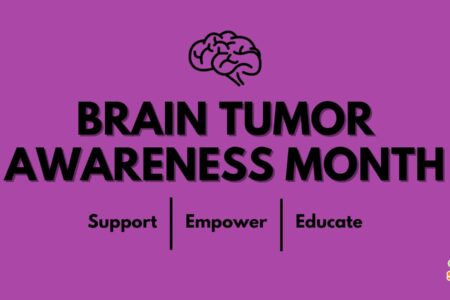
Share On Social!
Despite increasing numbers of Latinos improving their health through gaining medical insurance, there are still large disparities in many areas of health care. One of the main gaps in care is mental health. A new study has determined that Latino children and young adults with mental health issues are only half as likely as their white counterparts to receive treatment.
The national study, “Racial and Ethnic Disparities in Mental Health Care for Children and Young Adults,” examined data on children under 18, and young adults 18-34 from 2006-2012. The authors theorize, in the study, that this lack of mental health treatment could explain why many more Latinos (compared to their White or Asian peers) are expelled from school.
Latinos receive a lot less psychiatric care overall, including to psychiatrists, social workers, and psychologists. This fact is in spite of “consistent rates of mental illness” in all racial and ethnic groups. According to the study, one in five Americans is believed to have a mental health condition at any given time. Mental health care advocates say two possible reasons for this are lack of health insurance and the stigma associated with seeking mental health care.
“It’s multifactorial,” said Dr. Lyndonna Marrast, who is currently an assistant professor of medicine at the Hofstra Northwell School of Medicine in New York and author of the study. “We can hypothesize that having insurance alone is not sufficient if there are insufficient healthcare providers in your community who accept your insurance.”
Latino youths also receive less substance abuse and mental health counseling. And, even with large gains as part of the Affordable Care Act (ACA), Latinos still are the highest number of uninsured Americans (33.1%).
In order to reduce health disparities, it is critical to address inequities in programs, practices, and policies. Join our site, connect with others, and get involved.
“Mistrust of health care providers could be another reason why [Latinos] are reluctant to seek mental health care,” Marrast said.
Steffie Woolhandler, a professor at City University of New York School of Public Health and one of the study’s authors, said that increasing funding for community health centers is one way that these staggering findings can be reversed.
“I see these great people trying to work in community mental health, but they need more resources to do their job,” she said.
The authors also point to expand training opportunities in an effort to increase the number of minority mental health professionals. Other possible solutions include improving training in mental health professionals so they may better recognize and treat conditions in minorities.
Read more about this story here.
Login and share this resource with others to help make a difference for the next generation.
Read stories similar to this one:
- Latinos Often Do Not Receive Treatment for Depression #SaludAmerica #HealthEquity http://salud.to/2c9pKoX @SaludToday
- New York is a great example of urban planning and health. #SaludAmerica #HealthEquity http://salud.to/2a3EVjV @SaludToday
Explore More:
Healthy Families & SchoolsBy The Numbers
142
Percent
Expected rise in Latino cancer cases in coming years




